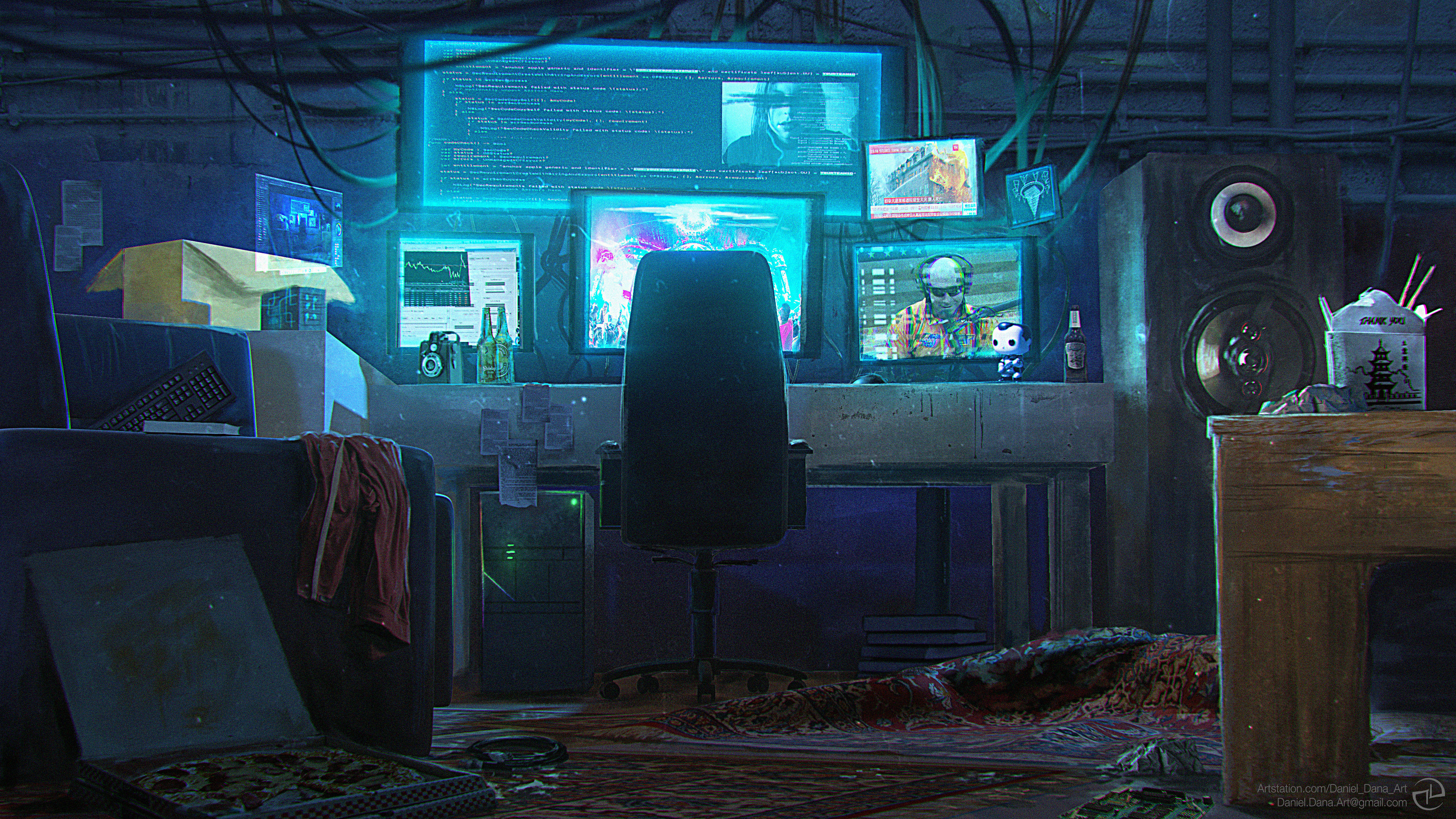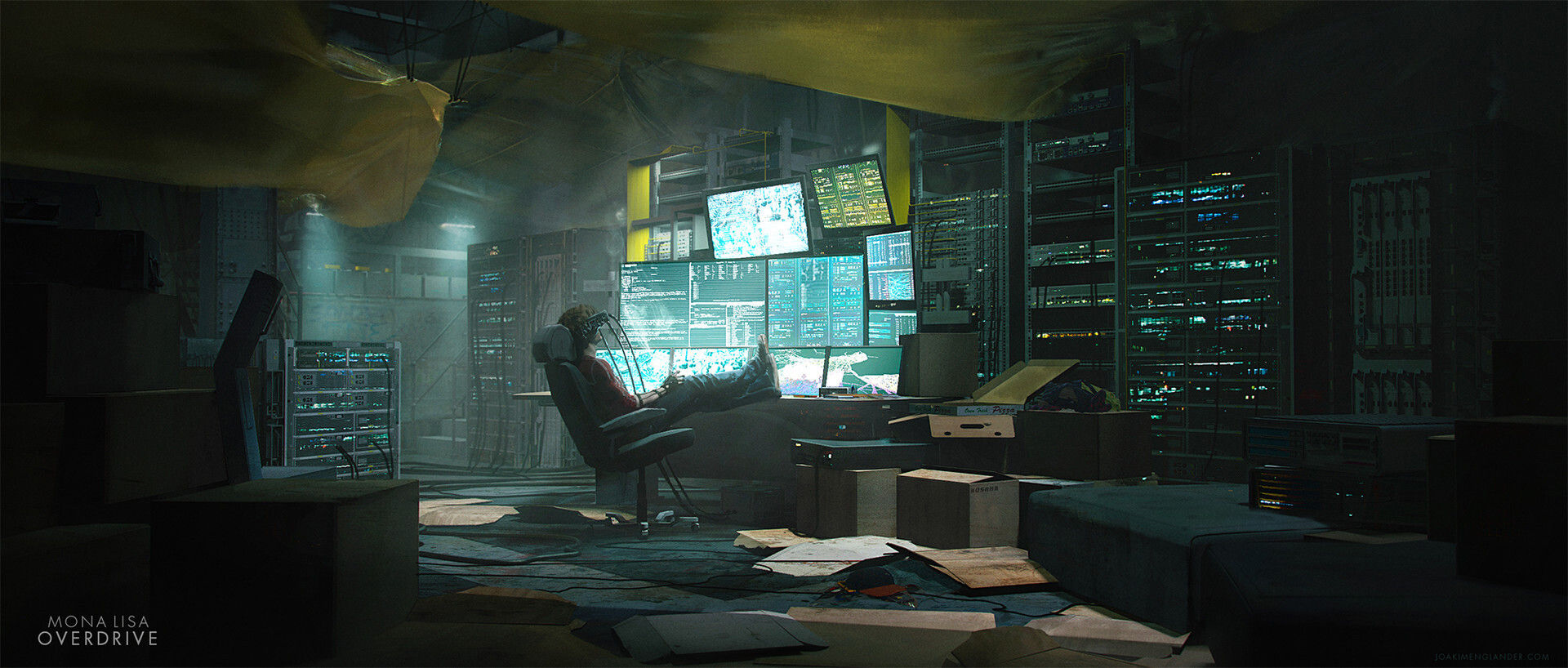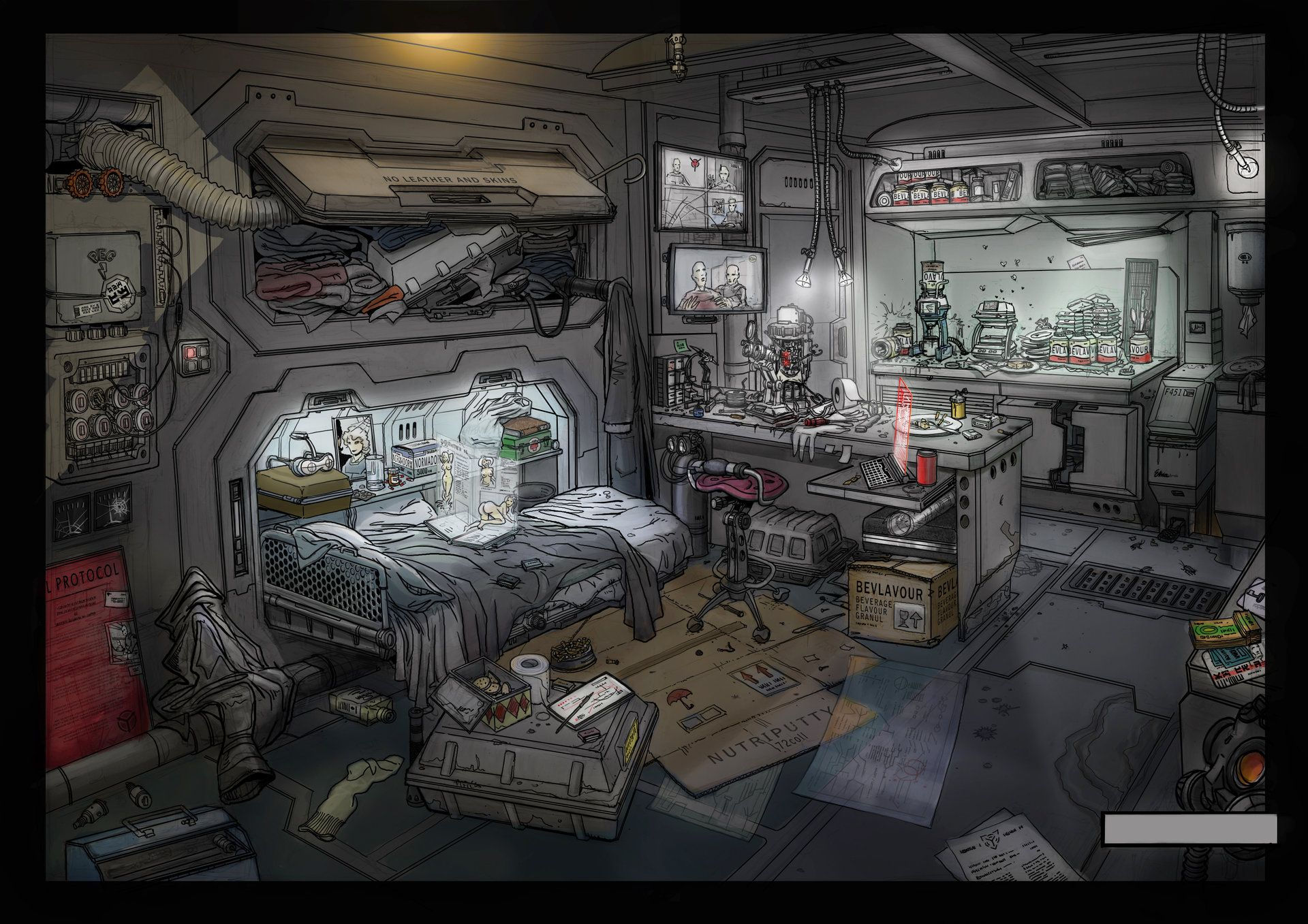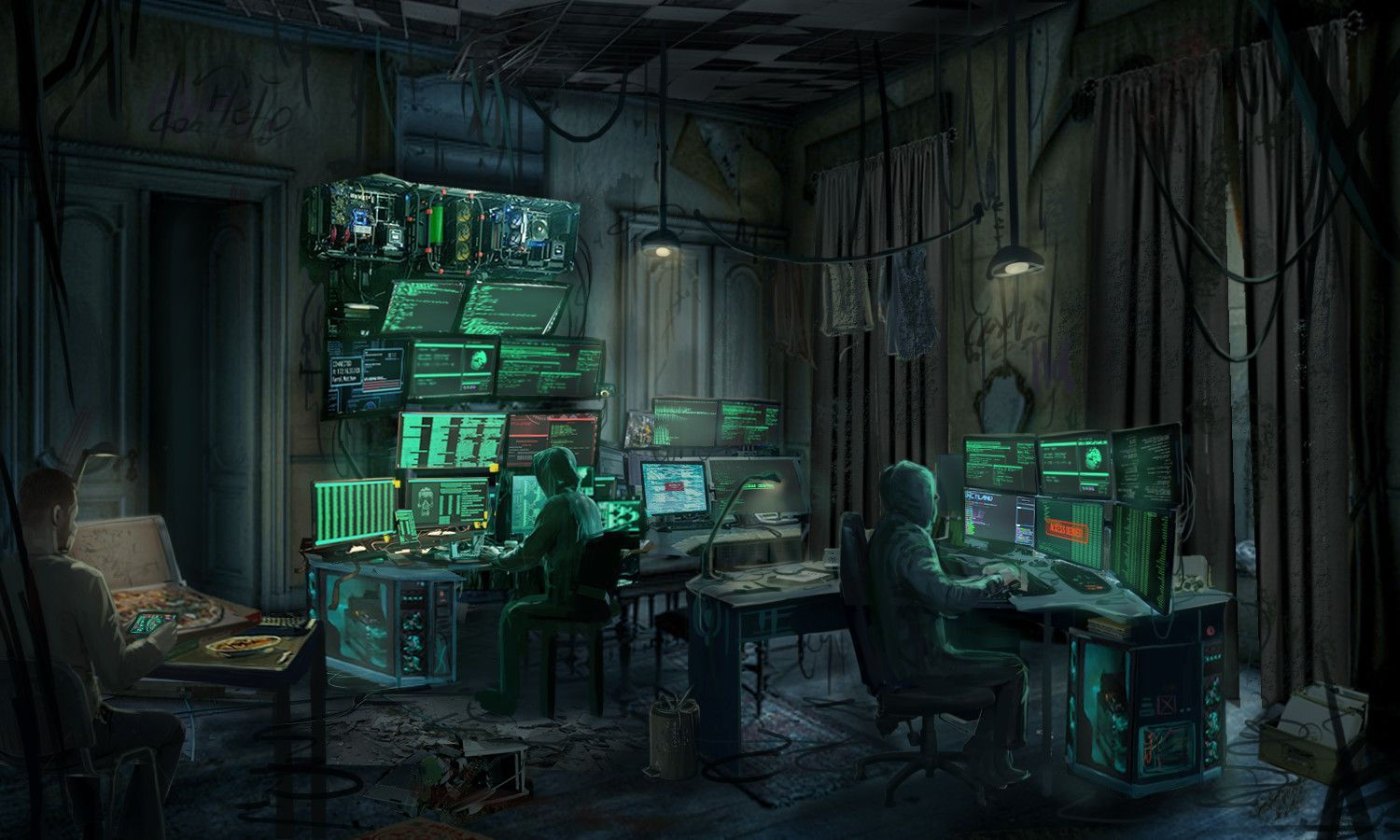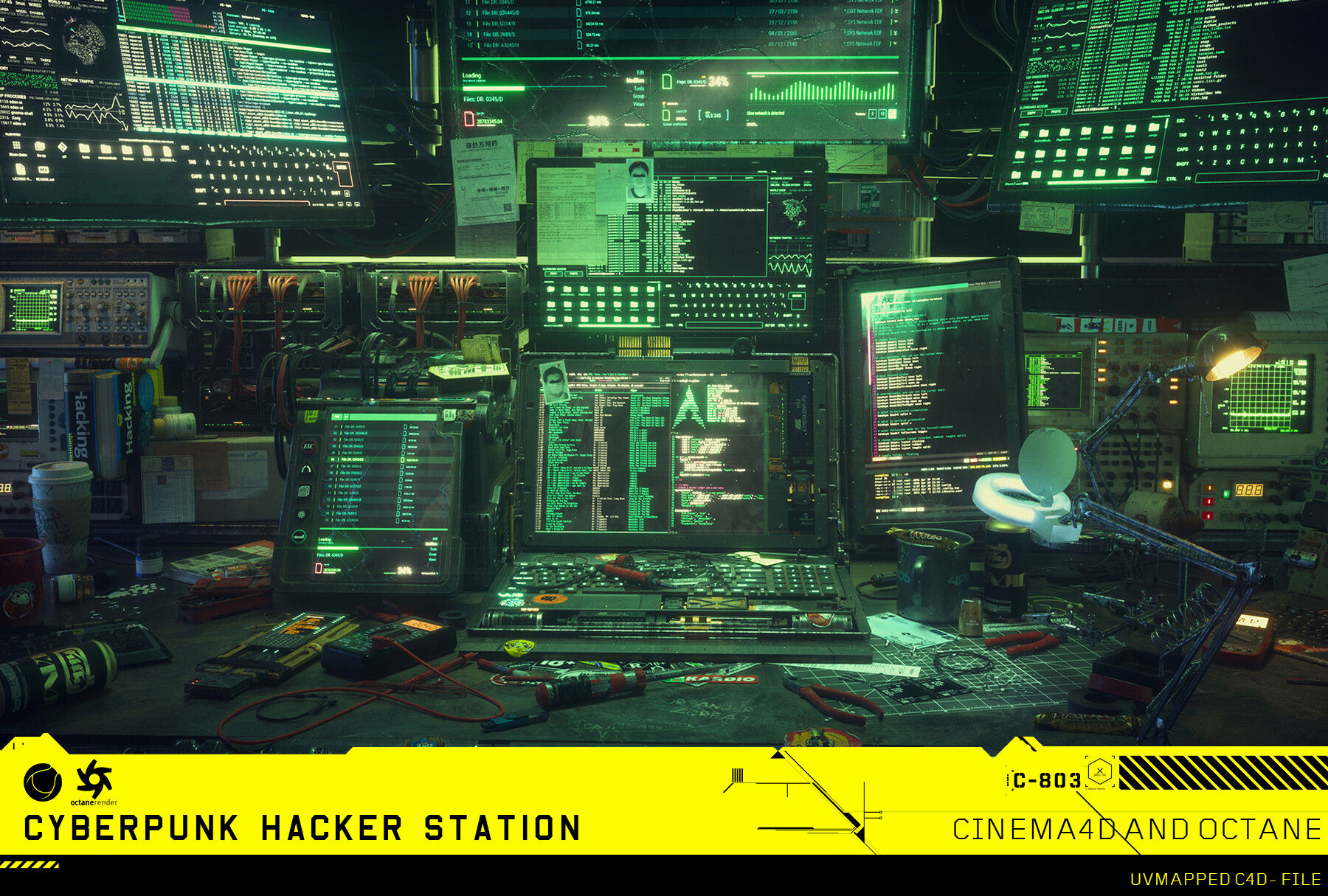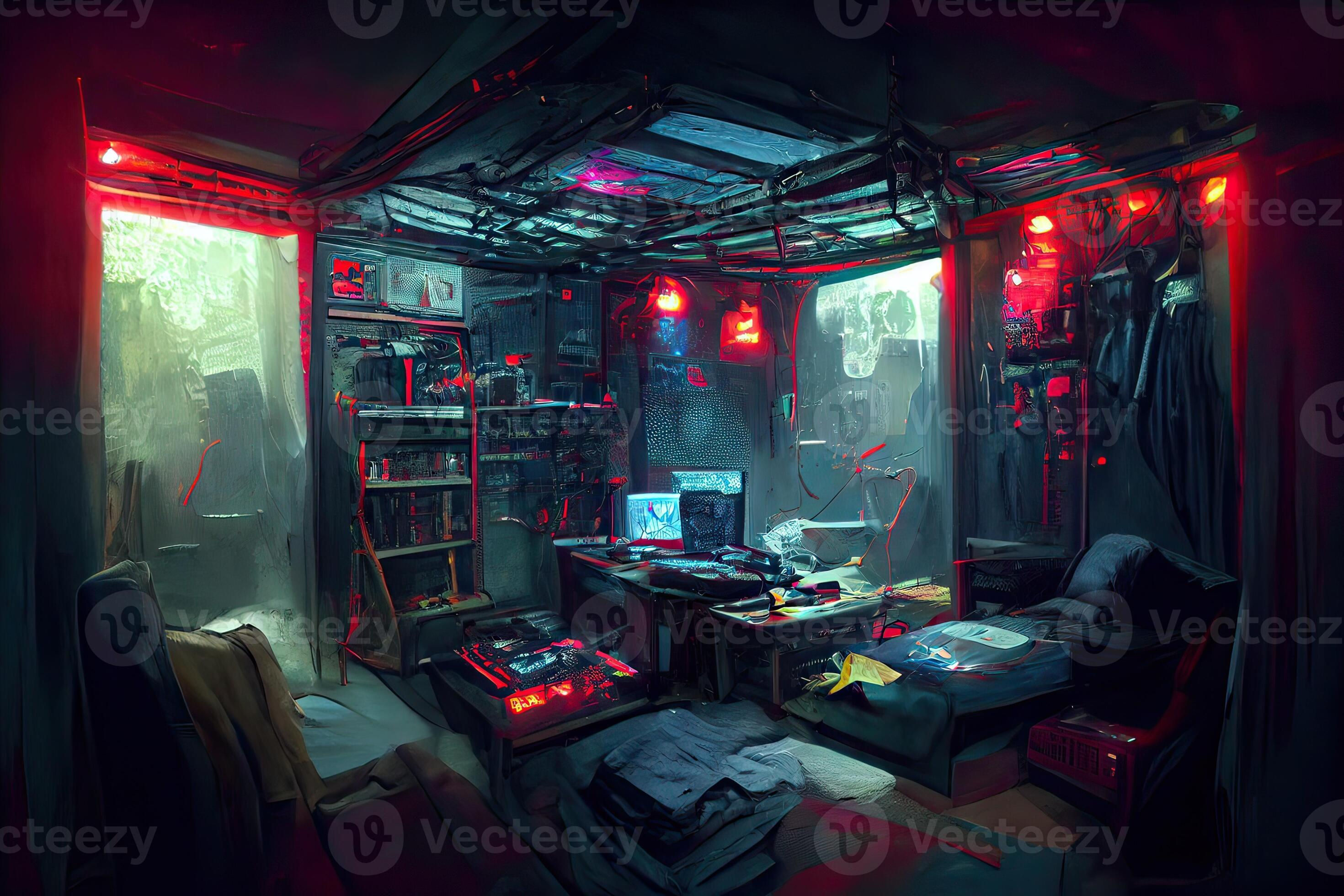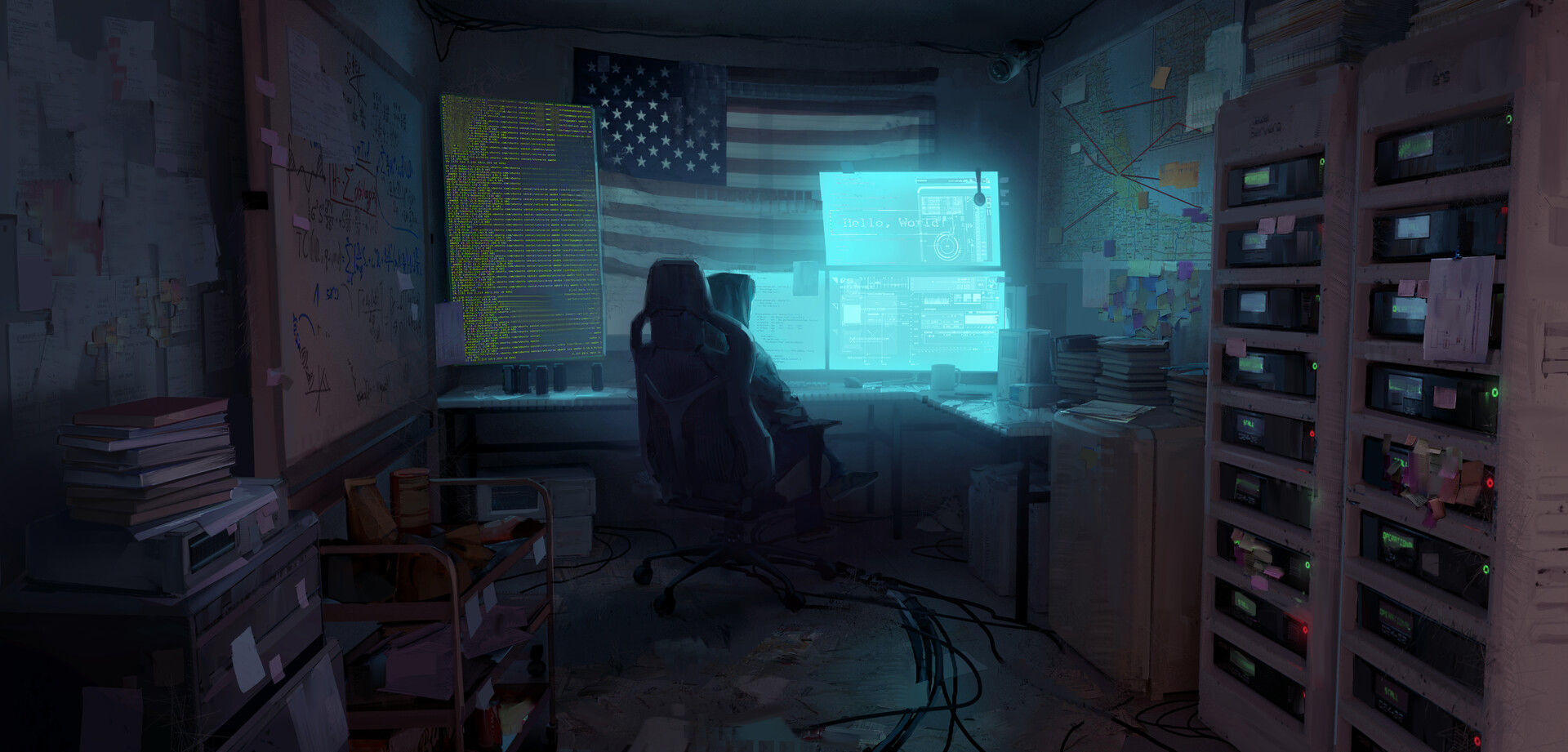The Future of Work: How Technology is Changing the Way We Work
The future of work is here, and it’s being driven by technology. From artificial intelligence (AI) to automation, technology is changing the way we work and the jobs we do.
In this blog post, we’ll explore some of the ways technology is changing the future of work. We’ll also discuss the implications of these changes for workers and employers.
How Technology is Changing the Future of Work
Technology is changing the future of work in a number of ways. Here are some of the most significant changes:
- AI and automation are eliminating routine tasks. AI-powered machines are becoming increasingly capable of performing tasks that were once thought to be impossible for machines to do. This is leading to the automation of many routine tasks, such as data entry, customer service, and manufacturing.
- The rise of the gig economy. The gig economy is a new type of economy in which workers are paid for each task they complete, rather than being employed full-time. This type of work is often done online or through mobile apps.
- The increasing importance of soft skills. In the future, soft skills such as communication, problem-solving, and creativity will be more important than ever. This is because machines are becoming increasingly capable of performing routine tasks, so workers will need to have skills that machines don’t have.
- The changing nature of workspaces. The traditional office is no longer the only place to work. Many people now work from home or in co-working spaces. This is due in part to the rise of the gig economy and the increasing use of technology.
Implications for Workers and Employers
The changes in the future of work have a number of implications for workers and employers. Here are some of the most important:
- Workers will need to be more adaptable and willing to learn new skills. As technology changes the nature of work, workers will need to be able to adapt and learn new skills in order to stay employed.
- Employers will need to invest in training and development for their employees. In order to stay competitive, employers will need to invest in training and development for their employees so that they can keep up with the changing demands of the job market.
- The gig economy will continue to grow. The gig economy is likely to continue to grow in the future, as more and more people look for flexible work options. This will have a number of implications for workers and employers, such as the need for workers to have multiple sources of income and the need for employers to find ways to manage a more flexible workforce.
- The future of work is uncertain. The future of work is uncertain, as it is unclear how technology will continue to change the way we work. However, one thing is for sure: technology will continue to play a major role in the future of work.
Conclusion
The future of work is here, and it’s being driven by technology. These changes have a number of implications for workers and employers, and it’s important to be aware of them in order to prepare for the future.









